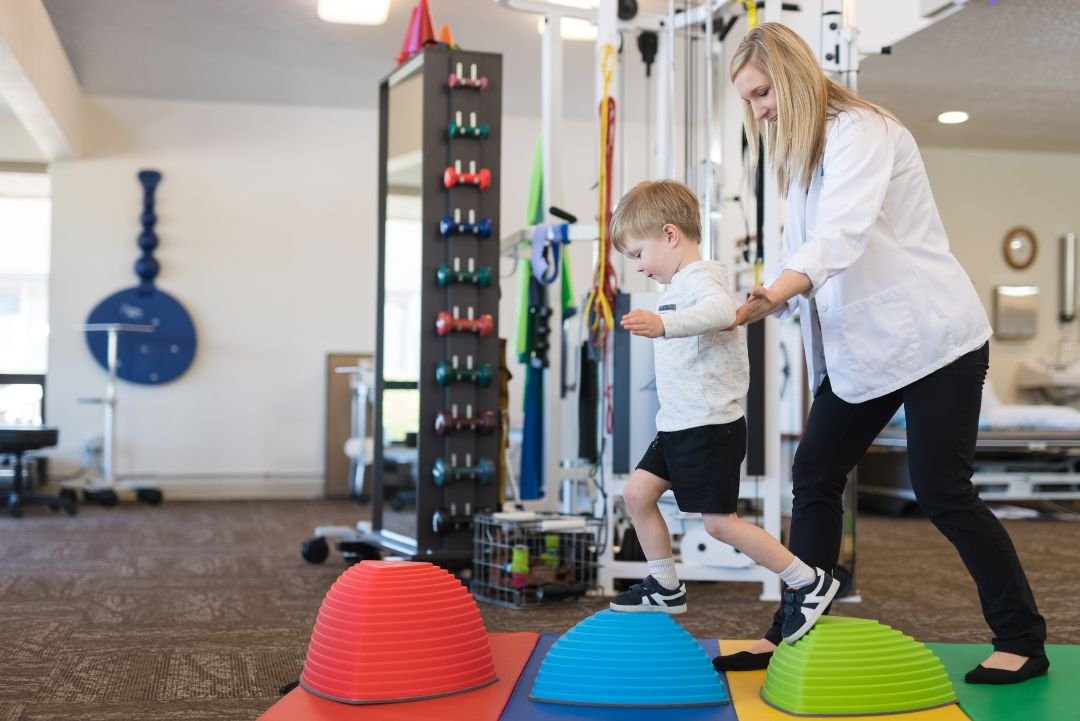Understanding NDIS: Improved Daily Living
Depending on your NDIS plan, you may have funding allocated to "Improved Daily Living" (called CB Daily Activity on myplace). The improved Daily Living category is one of the nine subcategories under Capacity Building. Its main aim is to provide assessments, therapies, and training to enhance your independence, develop new skills, and build capacity for community participation.
What therapies does the Improved Daily Living category include?
The Improved Daily Living support category covers therapeutic services and professional support services involved with building your general life skills, capacity building and achieving your NDIS goals, including:
Speech Therapy
Psychology
Music Therapy
Art Therapy
These supports can be delivered to individual participants or to groups of participants subject to the rules set out in the NDIS Pricing Arrangements and Price Limits.
Individualised Assessments and Reports
Comprehensive initial assessments, functional assessments and progress reports are crucial to secure the necessary NDIS funding in your NDIS plan. A well-prepared report that outlines your goals and needs, including any necessary equipment or therapy, will significantly enhance the likelihood of funding approval.
Some examples include:
An NDIS participant may request funding for a walking frame or wheelchair to improve their participation and functioning in the community. An occupational therapist or physiotherapist would then perform an assistive technology assessment to ensure that the equipment is appropriate and safe for the participant's needs.
In another scenario, your child may need support from a dietitian to create a personalised meal plan to manage and assist with allergies, food intolerances and selective eating. The report would detail the specifically recommended foods and a comprehensive plan for how therapy funding will help meet the child's needs.
It's important to note that although Improved Daily Living can be used to conduct assessments and reports that support your need for Assistive Technology or Home Modifications, the implementation will come out of your Capital Support funding category.
Realisation Healthcare's expert team of NDIS-registered Allied Health Professionals can evaluate your needs and provide a comprehensive report that considers the reasonable and necessary criteria that the NDIA focuses on when making funding decisions.
Daily Living and Life Skills
For a participant to live life as independently as possible, they require information, training and development of several key abilities that we use in daily life, such as budgeting, toileting, getting dressed, changing positions, mobility, cleaning and cooking. The NDIS Improved Daily Living category can provide funding for training to you, your family, caregivers, or support workers to support the development of these skills.
Realisation Healthcare's Allied Health Professionals can identify and create strategies to support you in improving your quality of life and reach your NDIS goals.
For example:
Our physiotherapists might determine the best mobility options for you while out in the community and help you and your caregivers learn to use them.
Our occupational therapists might support your child to overcome their developmental challenges like toileting, dressing themselves or teaching them how to tie their shoelaces.
Our dietitians might support you by helping you understand nutritional labels and make healthier decisions while dining out or grocery shopping.
Realisation Healthcare Therapy Programs
In addition to the initial assessment, the funding from this category can also be utilized for ongoing therapy services.
Our team of NDIS registered Allied Health professionals use the Realisation Healthcare Approach and provides therapies to assist you in achieving your NDIS goals.
Our Physiotherapists may provide therapy to:
Improve your gait (walking) mechanics, strength, endurance, and balance to enable you to be able to participate in the community.
Help your child improve their gross and fine motor skills to enjoy activities and sports at school.
Help you manage pain through stretching and manual therapy.
Our Dietitians may help you to:
Achieve and maintain your goal weight
Assist with selective eating and eating disorders
Create personalised meal plans to ensure adequate nutrition
Recommend foods and fluids for participants who have difficulty swallowing and chewing
Our Occupational Therapists may provide therapy to:
Assist your child's development to complete activities of daily living like putting on their shoes, brushing their teeth or buttoning up their shirts.
Help with sensory processing and emotional development
Develop play and social skills
The right support to help you to achieve your NDIS goals.
Realisation Healthcare’s Sydney based NDIS Physiotherapists work with people with disability across Sydney. We focus on supporting people who have intellectual disabilities, neurological disabilities and mental health disabilities of all ages.
Our Physiotherapists work collaboratively with you to create a personalised and individualised treatment program to improve your quality of life. They use the Realisation Healthcare Approach to ensure you work together to create meaningful goals together, and they collaborate with all important people supporting you in your life, whether that be your family, support workers or support coordinators ensure you reach your NDIS goals. Our Physiotherapists serve as a mentor and caring friend with a sincere, genuine desire to assist, uplift, and motivate you to achieve your goals and aspirations and live your life to the fullest.
All our consultations will be at your place of choice, whether that's at your home, a park or any local venue. Saving you the hassle of finding transport.
We respond to all queries and questions within 24 hours, and bookings can be made within a week. Contact us today through phone, email or for a casual chat over messenger to see how we can help you. You can also fill out the referral form by clicking on the button below.
Frequently asked questions
What are activities of daily living?
Activities of Daily Living (ADLs) are common tasks we all do to live an independent life. ADLs include the fundamental skills that are typically needed to manage basic physical needs and include activities such as dressing, grooming/personal hygiene, toileting/continence, transferring/ambulating, and eating.










